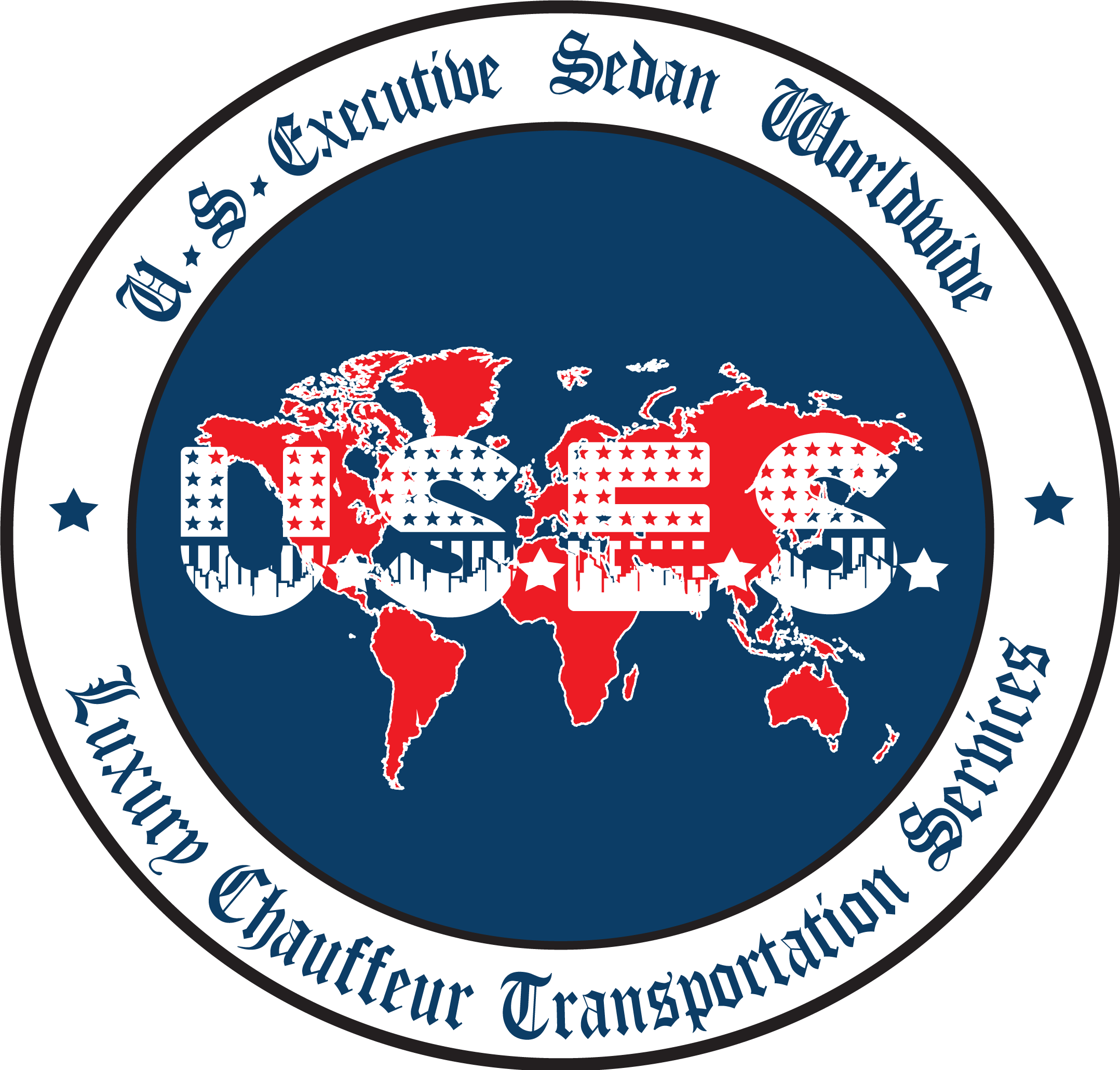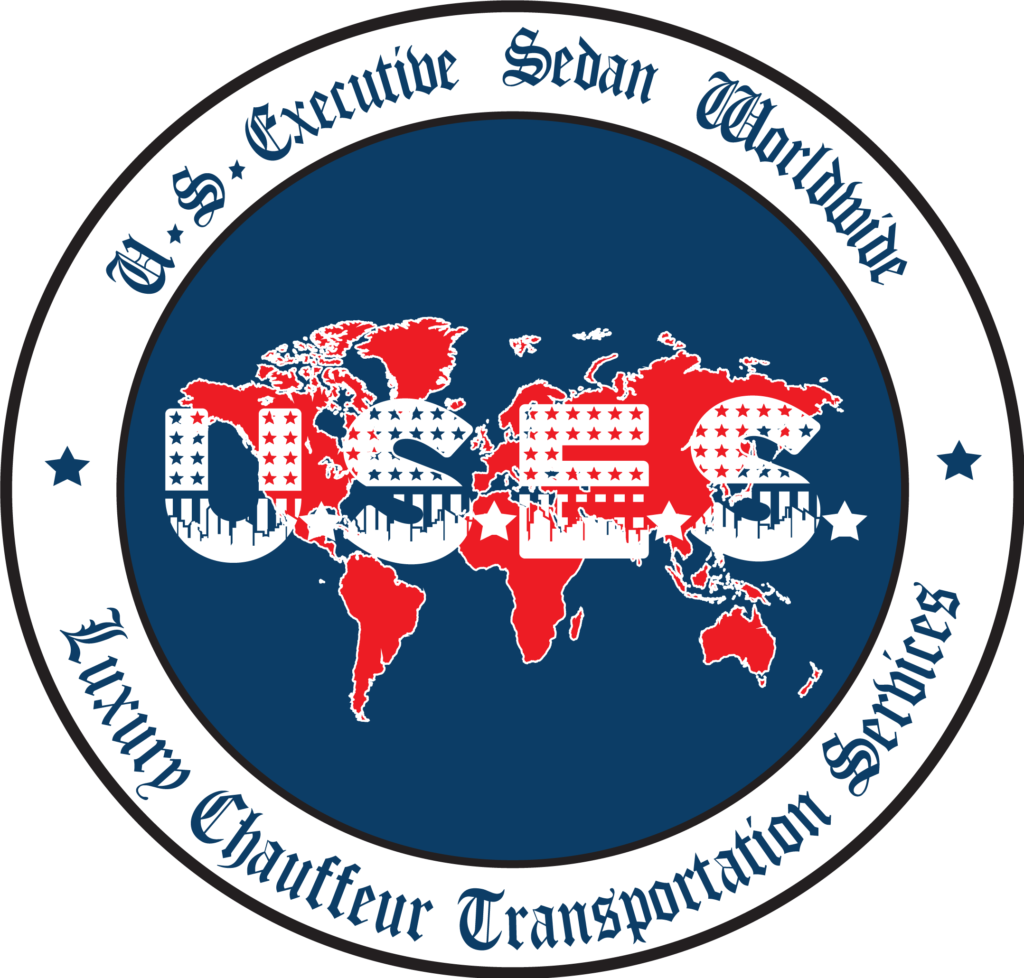You walk up to the rental car counter. The agent asks if you want insurance. You pause. Do you really need it? This moment happens to millions of Americans every year.
The answer is not simple. It depends on what coverage you already have. Let’s break down everything you need to know about rental car insurance.
Quick Answer: Does Your Car Insurance Cover Rental Cars?
Maybe. Your personal car insurance might cover rental cars. But it’s not guaranteed. Your coverage depends on your policy type. It also depends on where you rent the car.
Here’s what usually transfers to rental cars:
- Collision coverage
- Comprehensive coverage
- Liability coverage
Your deductible stays the same. Your coverage limits don’t change either.
Understanding Your Current Auto Insurance
Your car insurance follows you to rental cars in most cases. But there are rules. Let’s look at each type of coverage.
Collision Coverage: This pays for damage to your rental car. It works if you hit something. It also works if someone hits you. Your deductible applies to rental cars, too.
Comprehensive Coverage: This covers theft and weather damage. It also covers vandalism. If someone breaks your rental car window, comprehensive coverage helps. Your deductible applies here, too.
Liability Coverage By law, rental companies must provide the state-required minimum amount of liability insurance coverage. But this minimum might not be enough. Your personal liability coverage can add more protection.
Personal Injury Protection (PIP). If your auto policy has personal injury protection or medical payments coverage, it will cover your injuries. This extends to rental cars in most states.
What Your Car Insurance Doesn’t Cover
Your car insurance has gaps. These gaps can cost you money.
Loss of Use Fees: Rental companies charge you when their car gets fixed. Your insurance might not cover this fee. This can cost $20 to $50 per day.
Administrative Fees Rental companies charge processing fees. These fees can reach $500. Your insurance rarely covers them.
Diminished Value: A damaged car loses value. Rental companies might bill you for this loss. Most personal insurance doesn’t cover it.
Credit Card Rental Car Coverage
Many credit cards offer rental car coverage. But you need to know the details.
Primary vs Secondary Coverage Credit card insurance benefits are usually secondary – That is, they will kick in after your personal insurance policy or the insurance coverage offered by the rental car company is utilized. Secondary means your insurance pays first. Primary means the credit card pays first.
Premium Credit Cards: Some premium cards offer primary coverage. Receive up to $75,000 or $100,000, depending on the selected plan, of theft or damage primary coverage when you enroll in Premium Car Rental Protection with an Eligible Card. You usually need to enroll for this coverage.
Credit Card Limitations: Credit cards don’t cover liability. They don’t cover injury either. You still need other insurance for these risks.
Rental Car Company Insurance Options
Rental companies offer several types of coverage. Each one serves a different purpose.
Collision Damage Waiver (CDW): CDW covers the cost of repairs to the rental vehicle in case of an accident. However, it typically comes with a deductible, and in some cases, it might not cover certain types of damage. CDW usually costs $10 to $30 per day.
Supplemental Liability Protection (SLP) SLP provides the renter and authorized drivers with up to $300,000 combined single limit for third-party liability claims. This adds protection beyond the basic coverage. It costs about $10 to $15 per day.
Personal Accident Insurance: This covers medical costs for you and your passengers. It also provides some life insurance. Most people don’t need this if they have health insurance.
Personal Effects Coverage: This protects your belongings in the rental car. Your homeowner’s or renter’s insurance might already cover this. Check before you buy.
Special Situations in the US
Some rental situations need extra attention. Here are the most common ones.
Business Travel: Check if your employer covers rental cars. Many companies have special policies. These policies might provide better coverage than your personal insurance.
Out-of-State Rental: Your insurance works in other states. But each state has different minimum requirements. Nearly all states that mandate insurance require liability coverage for property damage and bodily injury. The sole exception is Florida, which only requires liability coverage for property damage, in addition to PIP coverage.
Luxury Cars: High-end rental cars need special consideration. Your insurance might not cover the full value. A $100,000 car needs $100,000 in coverage.
Long-Term Rental: Rentals over 30 days might lose coverage. Check with your insurance company. Some policies stop covering long-term rentals.

US State Requirements You Should Know
Each US state has different rules. These rules affect your rental car coverage.
Minimum Liability Requirements: Every state except New Hampshire requires car insurance. But minimum amounts vary widely. Some states require $15,000 in coverage. Others require $50,000 or more.
No-Fault States: Twelve states have no-fault insurance laws. In these states, your PIP coverage pays first. This applies to rental cars, too.
Uninsured Motorist Coverage: Some states require this coverage. Others make it optional. This coverage protects you from drivers without insurance.
How to Decide What Coverage You Need
Use this simple process to choose your coverage.
Step 1: Check Your Current Policy. Call your insurance agent. Ask these questions:
- Does my policy cover rental cars?
- What’s my collision deductible?
- How much liability coverage do I have?
Step 2: Review Your Credit Card Benefits. Check your card’s rental car coverage. Look for coverage limits. Note if it’s primary or secondary.
Step 3: Consider the Renta.l Think about these factors:
- How long is your rental?
- What kind of car are you renting?
- Where are you driving?
Step 4: Calculate Costs. Compare the cost of rental insurance to your deductible. Sometimes buying coverage costs less than paying your deductible.
Common Mistakes to Avoid
Don’t make these costly errors:
Assuming You’re Covered: Never assume your insurance covers rentals. Always check first. A phone call can save you thousands.
Buying Unnecessary Coverage: Don’t buy coverage you already have. This wastes money. Review your existing policies first.
Skipping the Inspection: Always inspect the rental car. Take photos of any damage. This protects you from false claims.
Not Reading the Rental Agreement. The rental agreement explains your responsibilities. Read it carefully. Ask questions if something is unclear.
Money-Saving Tips
These strategies can reduce your rental car insurance costs:
Use Primary Credit Card Coverage Cards with primary coverage to save money. You avoid using your car insurance. This keeps your rates from going up.
Increase Your Auto Insurance Coverage: Higher liability limits cost a little extra. They provide much better protection. This can eliminate the need for SLP.
Shop Around for Rentals. Some rental companies include basic insurance. Others charge extra for everything. Compare total costs, not just daily rates.
What to Do If You Have an Accident
Follow these steps if something goes wrong:
At the Scene
- Check for injuries first
- Call 911 if anyone is hurt
- Take photos of all vehicles
- Get the other driver’s information
- Don’t admit fault
Contact Information: Call these numbers right away:
- Your insurance company
- Your credit card company (if using their coverage)
- The rental car company
Documentation: Keep copies of everything:
- Police report
- Rental agreement
- Insurance cards
- Photos from the scene
Conclusion:
Rental car insurance doesn’t have to be confusing. Most people have some coverage already. Your personal car insurance usually extends to rentals. Your credit card might provide additional protection.
The key is knowing what you have before you rent. Check your policies. Understand your coverage limits. Only buy what you actually need.
When you need reliable transportation for business or leisure, consider US Executive Sedan. We provide professional car services with proper insurance coverage included. Our experienced drivers ensure your safety and peace of mind. US Executive Sedan to learn more about our premium transportation solutions.
FAQ’s:
Does my car insurance cover rental cars for accidents?
Yes, but only up to the limits of your policy. It usually mirrors your existing coverage. You may still need rental company insurance for full protection.
Does my car insurance cover rental cars abroad?
Usually not outside the U.S. Some policies extend to Canada or Mexico. For other countries, you’ll need rental or credit card insurance.
Do I need rental car insurance for a one-day rental?
Check your existing coverage first. If you have good car insurance and credit card benefits, you might not need extra insurance. But consider your deductible amount.
What happens if I decline rental car insurance and have an accident?
Your personal insurance and credit card coverage will apply. You’ll pay your regular deductible. Make sure your coverage limits are high enough for the rental car’s value.
Does rental car insurance cover driving in other states?
Yes, rental car insurance works nationwide. However, each state has different minimum requirements. Your coverage should meet or exceed the state’s requirements where you’re driving.


